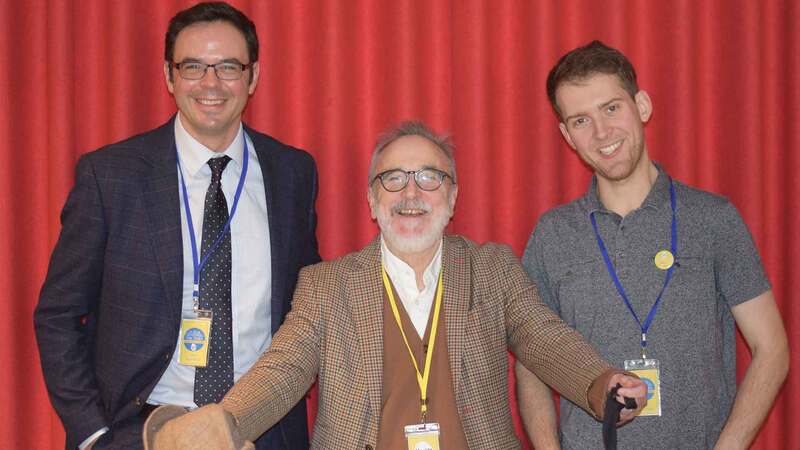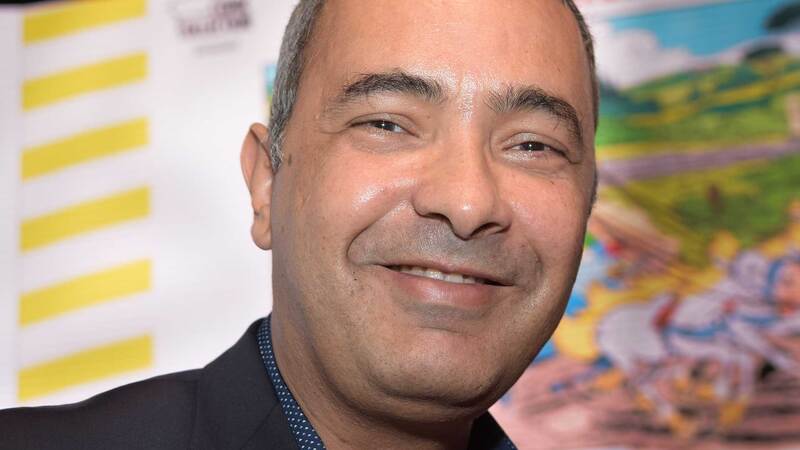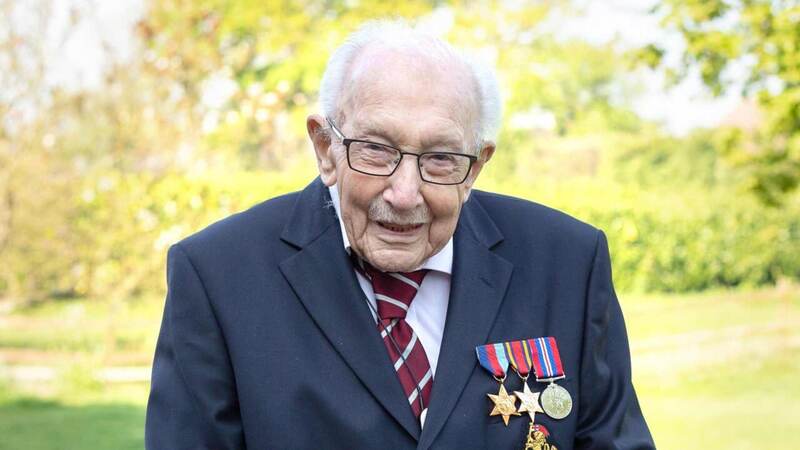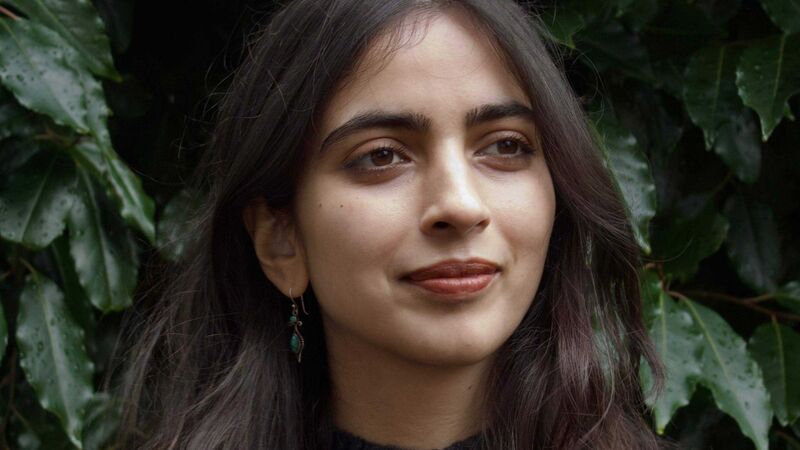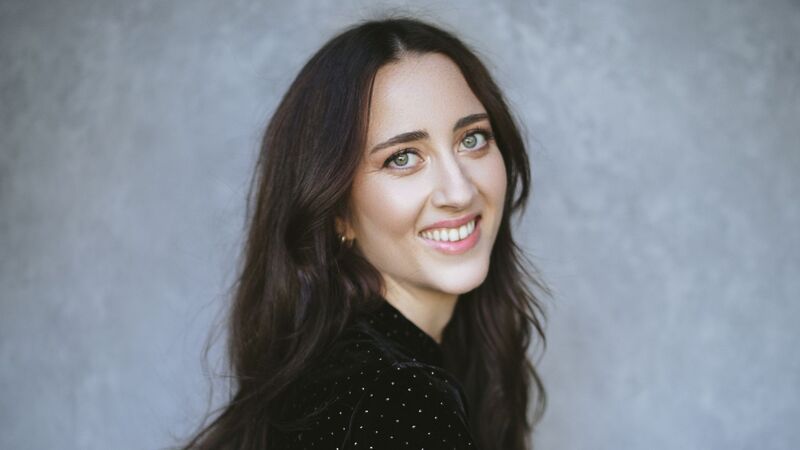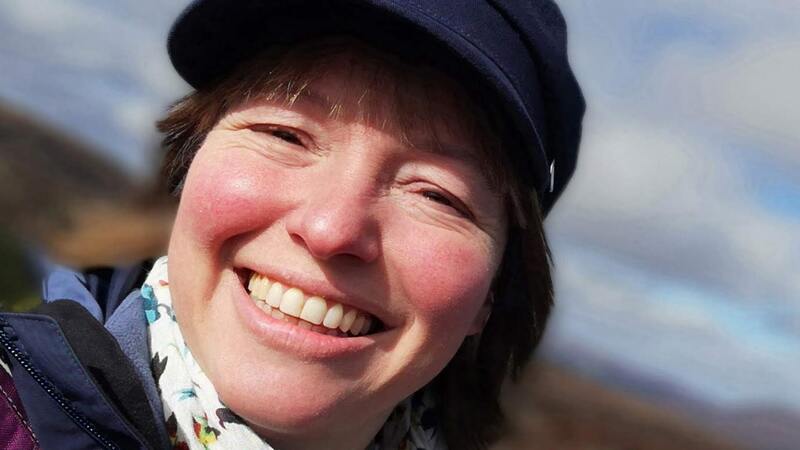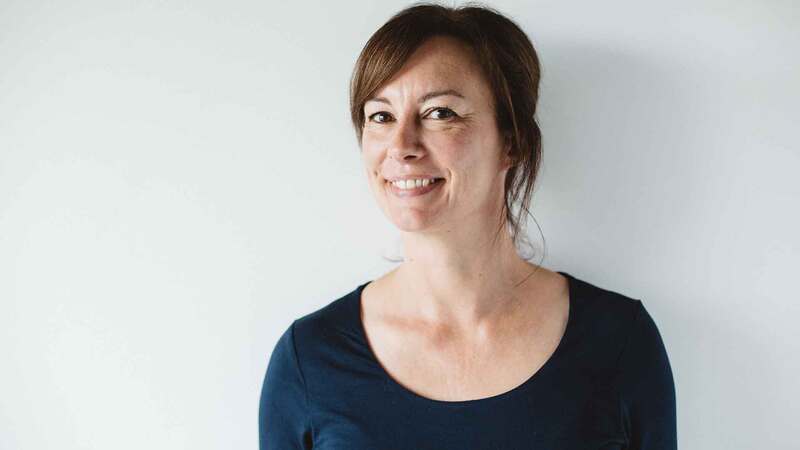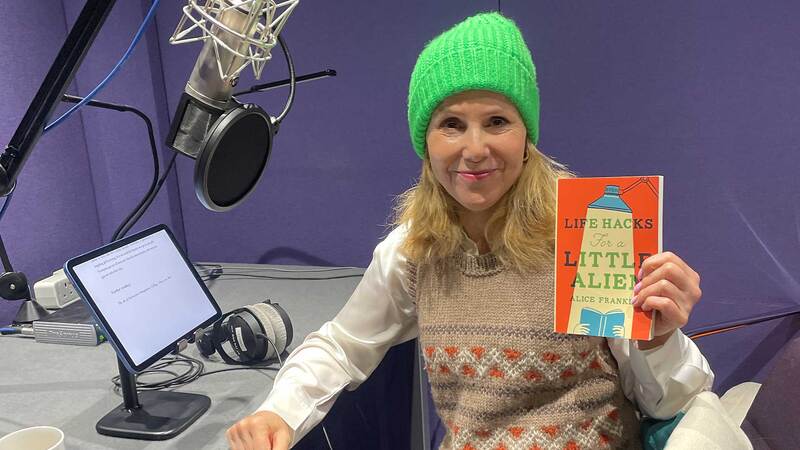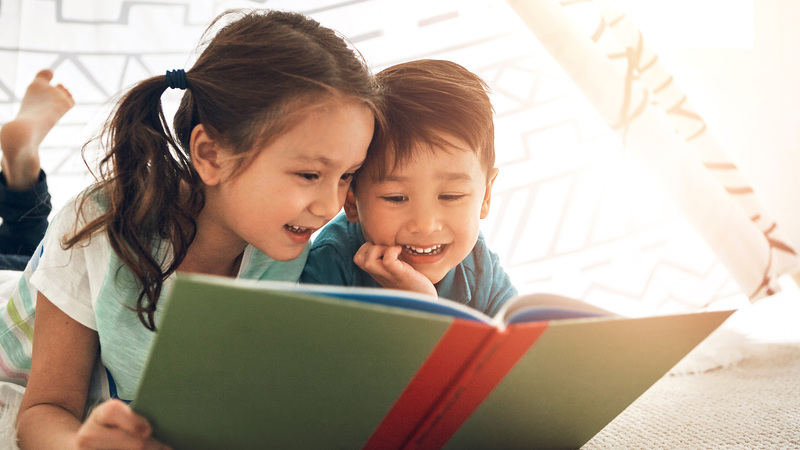You are viewing your 1 free article this month. Login to read more articles.
‘Refugee’ revealed as Children’s Word of the Year
"Refugee" has been revealed as Children’s Word of the Year, after Oxford University Press reviewed children's entries to Radio 2’s Chris Evans Breakfast Show’s "500 Words" short story writing competition.
OUP's report was compiled by analysing the 123,436 entries for the "500 Words" competition with assistance from specialised softwareby run by OUP's academic and technology team. OUP's findings are published today (26th May) ahead of the competition's live final on Friday (27th May) at Shakespeare’s Globe in London, where honorary judge, HRH The Duchess of Cornwall will present the winners’ prizes.
The word "refugee" was chosen as Children’s Word of the Year due to the "significant increase" in the word's use by entrants in this year’s competition, combined with "the sophisticated context" that children were using it in and "the rise in emotive and descriptive language around it".
Moving stories were written showing a "sensitive and mature understanding" of the issues about subjects including the war in Syria, migrants' journeys across the Mediterranean, people smugglers and the camps in Calais. The stories focussed mostly on the plight of children their own age.
There was also a marked increase in vocabulary associated with 'refugee', shown through words such as 'boat', 'camp', 'dinghy', 'crisis', 'border', 'shelter', 'journey', 'sea', 'desperate', 'safe', 'flee', 'travel', and 'trek'.
OUP’s analysis of the stories found that the attitude towards refugees was empathetic.
One entrant wrote: "I’m in France . . . place called Calais. It turns out that nobody wants us after all. There was no gold at the end of the rainbow. I have no idea when or how I will get away from this prison".
Another wrote: "Son our neighbours just got bombed. We’re lucky we weren’t in the house! It’s decided we’re going!' 'Ok . . .' Replied Yusuf solemnly 'I’ll go pack . . .' This was a tough time for Yusuf. He was going to leave his friends, school and home."
Other events people and subjects influencing British children's creativity and use of language were 'Tim Peake', 'Star Wars', 'Shakespeare', and 'social media', according to the report. The word 'galaxy' was also said to have received a "huge boost".
Vineeta Gupta, head of children’s dictionaries at OUP, said: “The children writing in this year’s competition have demonstrated a sophisticated use of language in their storytelling. They have used rich descriptions to convey emotion and have produced powerful stories that resonate with the reader. Our extensive research has provided a deeper understanding of children’s language skills across the UK and we continue to be inspired by their creativity.”
Chris Evans added: “This analysis has once again proved fascinating. OUP’s research has shown how aware and engaged children are with the world around them, not just at home, but globally and even inter-galactically. The imagination of kids never ceases to amaze me and I’m so proud that BBC Radio 2’s 500 Words has again fired up their creativity and shown how talented and inspiring the young people of the United Kingdom are.”
OUP’s research also found that spelling had consistently improved during the five years since 500 Words launched.





